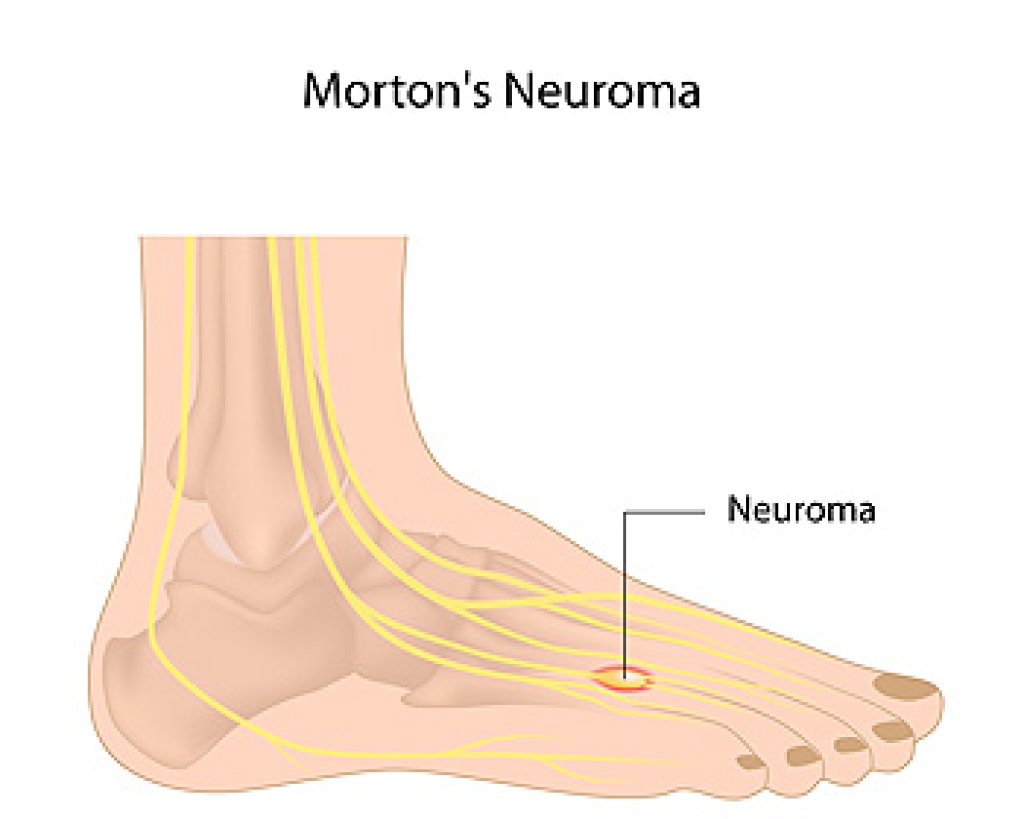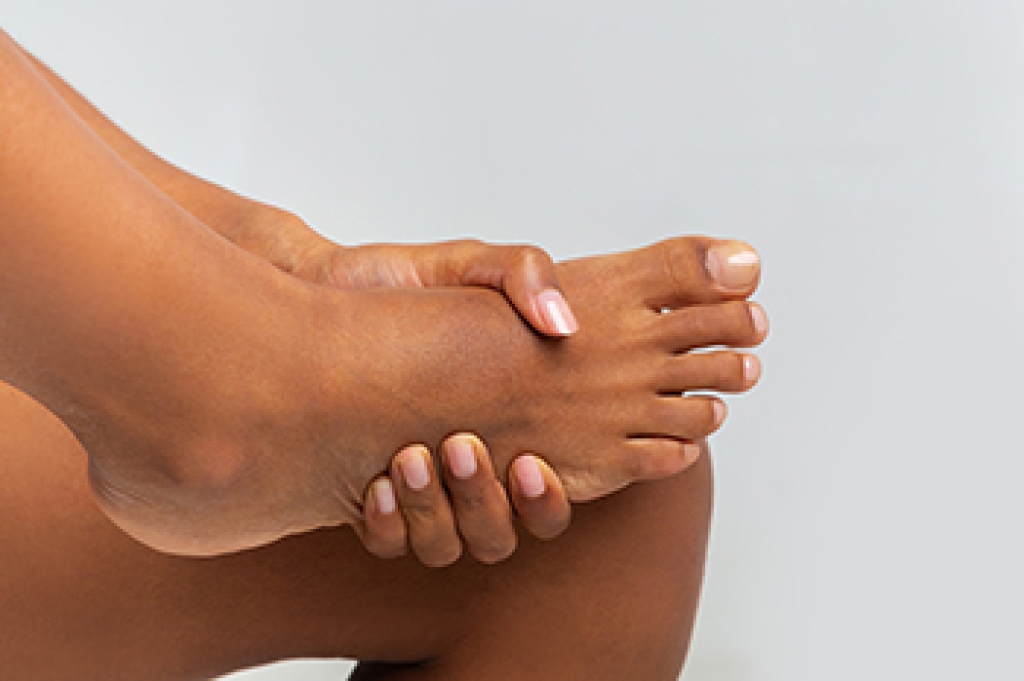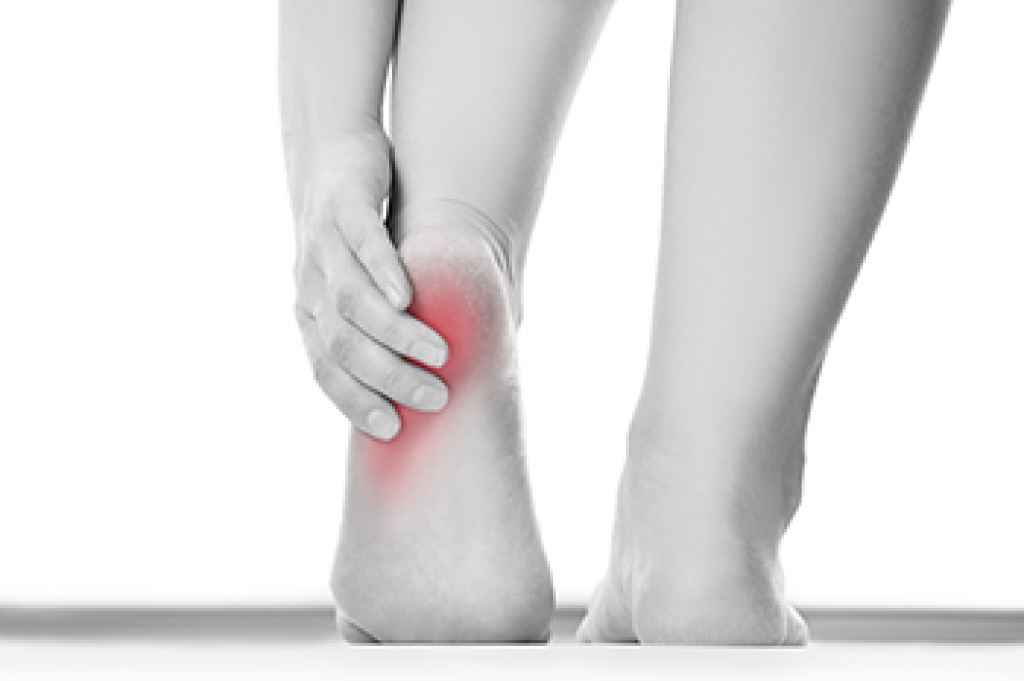
Having the right running shoe is paramount to reducing the chances of pain and injury. However, knowing how to find the shoe that best serves a runner’s needs can be confusing. Here are a few tips for simplifying the decision. The first consideration is knowing the type of running you will be doing and how often you will be doing it. Second, identify the terrain or environment you will be running in. For instance, trail shoes will have more grip and tread on the soles, while road shoes have flatter soles. Third, consider any previous running injuries you may have encountered and see a podiatrist who can examine your gait. Running shoes offer different types of cushioning, support, and stability based on the biomechanics of your feet. A podiatrist, who is a medically trained foot doctor, is a good source of information for anyone interested in finding the running shoe that will best serve your needs and protect your feet. If you are serious about running, it is suggested that you make an appointment with a podiatrist for an evaluation.
If you are a runner, wearing the right running shoe is essential. For more information, contact one of our podiatrists from APEX Foot & Ankle Center. Our doctors can provide the care you need to keep you pain-free and on your feet.
Choosing the Right Running Shoe for Your Foot Type
To increase performance and avoid the risk of injury, it is important to choose the right running shoe based on your foot type. The general design of running shoes revolves around pronation, which is how the ankle rolls from outside to inside when the foot strikes the ground.
- Neutral runners are able to choose from a wide variety of shoes, including minimalist shoes or even going barefoot.
- Runners who overpronate, or experience an over-abundance of ankle rolling, should choose shoes that provide extra motion control and stability.
- Runners who underpronate, or supinate, have feet that have high arches and lack flexibility, preventing shock absorption. They require shoes with more flexibility and cushion.
If you have any questions, please feel free to contact our offices located in Fort Myers, Shellpoint, and Naples, FL . We offer the newest diagnostic and treatment technologies for all your foot care needs.




